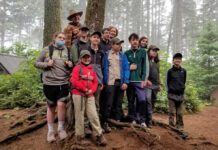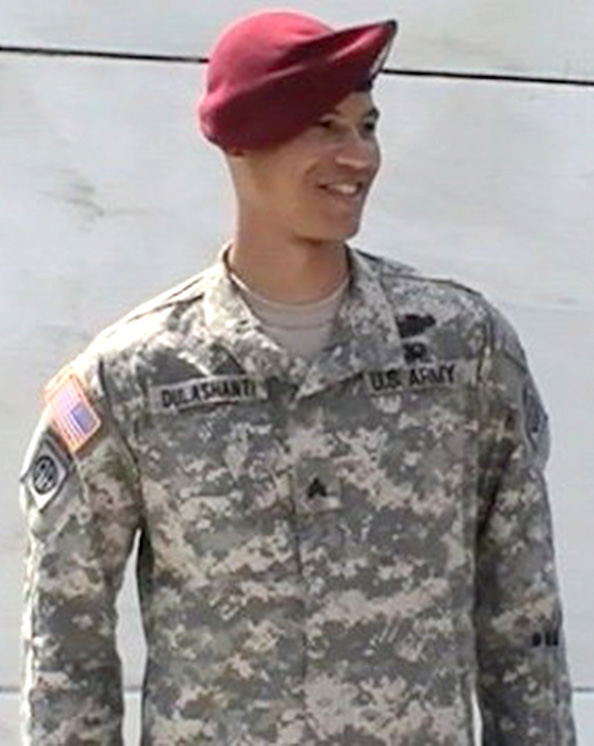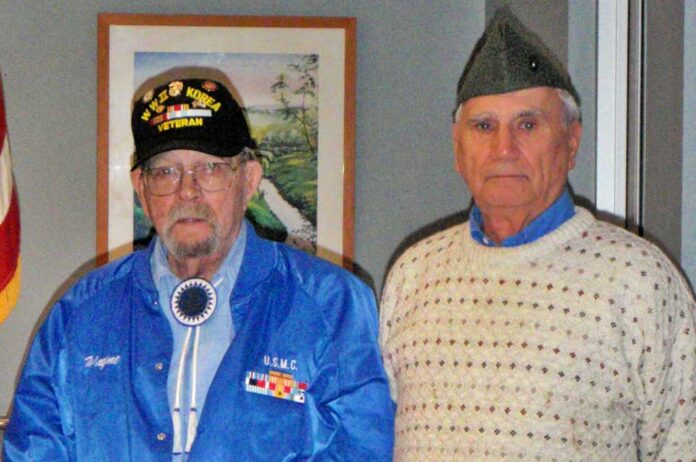
When Chairman Mao Tse-tung, Communist Party leader of China, ordered the annihilation of all allied troops (primarily American forces) in North Korea in the winter of 1950; over 70,000 crack battle veteran soldiers, called People’s Liberation Army (PLA), were called to action. From Manchuria, they secretly crossed the Yula River, which serves as the border between China and Korea. Traveling by night and lying camouflaged by day, they evaded detection until their surprise attacks in the high rugged Taeback mountainous area in The Battle of Chosin Reservoir.
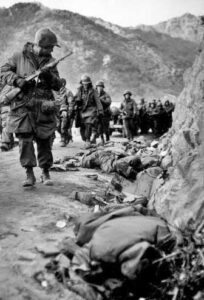
One of the speakers at the Nov 8th Juanita Pohl Center Veterans’ breakfast was a survivor of that campaign, Wayne Sparks, President of the Oregon Chapter, Chosin Few. Wayne had been a sailor in WWII, serving as a Fireman First class on the casualty evacuation transport ship, USS Rixey. Unlike traditional hospital ships, the Rixey was fitted with defensive weapons, operating just off of the beaches where Marines engaged Japanese forces. Rixey, serving in harm’s way, gave wounded troops expedient access to medical care.
Returning home to the Portland area in July, 1946, Wayne married and started a family. At a friend’s urging he joined the Marine Reserves in 1949; being advised to come down, drill one weekend a month, and get paid for having fun. The next year, on August 8, his unit was activated for Korea. Transported to Camp Pendleton by train, they went by ship to Japan and then on to Korea. Wayne had earlier completed boot camp and trained in weapons in the Navy but not all in his unit had his experience.
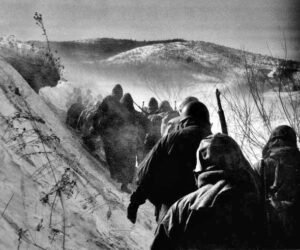
Korea had been under Japanese rule since 1910. After WWII, Korea was split into two occupational zones, with USSR controlling the North and USA the South. The ensuing cold war between USA and USSR created bad relations between the two countries. Russia had recently lost the Berlin Blockade dispute with the American airlift. When China went Communist in October, 1949, President Harry Truman was concerned that nearby Asian countries might also do the same. So when North Korea invaded South Korea on June 25, 1950 (capturing all of South Korea except for Pusan area), United Nations military forces intervened.
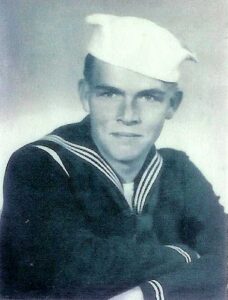
Assigned as battalion welder and automotive serviceman in the First Marine Division, Wayne operated a big Lincoln welder on wheels to repair equipment. His unit landed at Inchon, a small port located midway along the West side of Korea, and liberated that town. They moved on and he was involved in combat to retake Seoul, South Korea’s capital city. Next he sailed to the East side of Korea, to take the port city of Wonsan, followed by the port city of Hungnam. He headed toward Chosin Reservoir as a member of the 3rd Battalion, 11th regiment, (artillery) in support of 5th and 7th Marine infantry Regiments. They were joined by a British Marine Company and two Army units; 31st and 32nd regiments of the 7th Division. The Army was on the East side of the reservoir and the Marines on the West.
A Siberian cold front made it the coldest winter in a hundred years in the mountains, with the temperatures reaching minus 35 degrees at night. Wayne told his family that he walked 20 miles every night, all within a few yard radius, just to keep warm. The ground was frozen, causing frostbite. Vehicles were kept running all night because they might not restart in the morning. Batteries used for Jeeps and radios quickly ran down. Weapons malfunctioned – lubrication in the guns jelled and springs in the firing pins would not strike hard enough to fire the round, or would jam. With water supplies frozen, soldiers ate snow to avoid dehydration. Medical supplies froze; morphine surettes had to be defrosted in a medic’s mouth before injected; frozen blood plasma was useless on the battlefield.
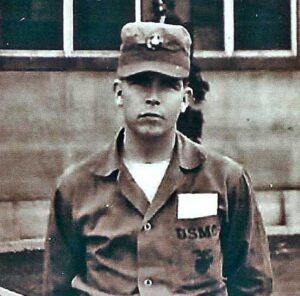
The Chinese came out of the darkness, coming in waves and waves trying to accomplish their goal – wipe out the allied forces. Although massively outnumbered, and scattered in several outpost camps, the Marines and soldiers held their lines through several nights of brutal combat. Surrounded by fanatical Chinese soldiers, their only lifeline was a 15 foot wide mountain dirt road called MSR (Main Supply Route) back to Hungnam. It was nightmare alley, taking 14 days for the 72 miles to Sea of Japan, while Chinese continually rained fire on them. Wayne served as a rifleman, providing perimeter defense alongside the road. Withdrawal was a joint effort; from the massing of ships for the evacuation, to Air Force C-119s dropping 2500-pound steel “Treadway” pontoons to rebuild a key 24-foot bridge halfway down Funchiln pass that had been destroyed by the Chinese. Also weather permitting; Navy, Marine and Air Force fighters and bombers helped even the odds.
Military intelligence had not been good on either side. The Allies, under Command of General MacArthur, did not know the Chinese were there. The Chinese thought they were facing much smaller numbers. Nor did the Chinese anticipate the Allies withdrawing back to Hanjan for evacuation. Although some called it a retreat, Marine MajGen Oliver Smith who gave the order, said “when surrounded, the sole course of action open to you is a breakout, and that by definition is an attack in a different direction.”
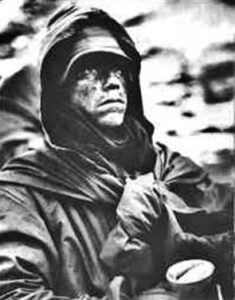
Casualty figures were horrendous. By UN estimates, Chinese lost 30,000 in battle, and 20,000 in non-battle (primarily weather). US losses were 1,029 killed in battle, 7,338 non-combat and 4,894 missing, Chairman Mao gave the highest tribute to the Marines with this message to his general in command “The American Marine First Division has the highest combat effectiveness in the American armed forces. It seems not enough for our four divisions to surround and annihilate its two regiments. (You) should have one or two more divisions as a reserve force.”
Although called the “forgotten war” because neither American nor worldwide attention was ever focused on it, the Chosin Reservoir Battle is legendary in military circles. Repeating the story is a tribute to all those involved, for their raw courage, military tactics and determination.





